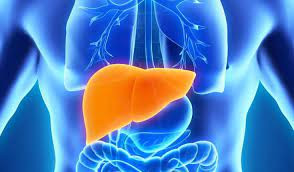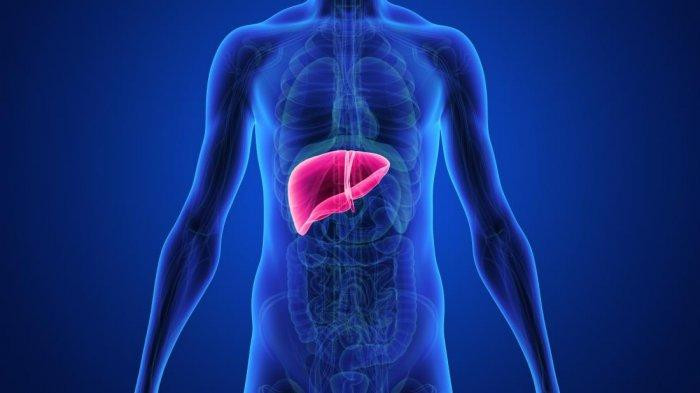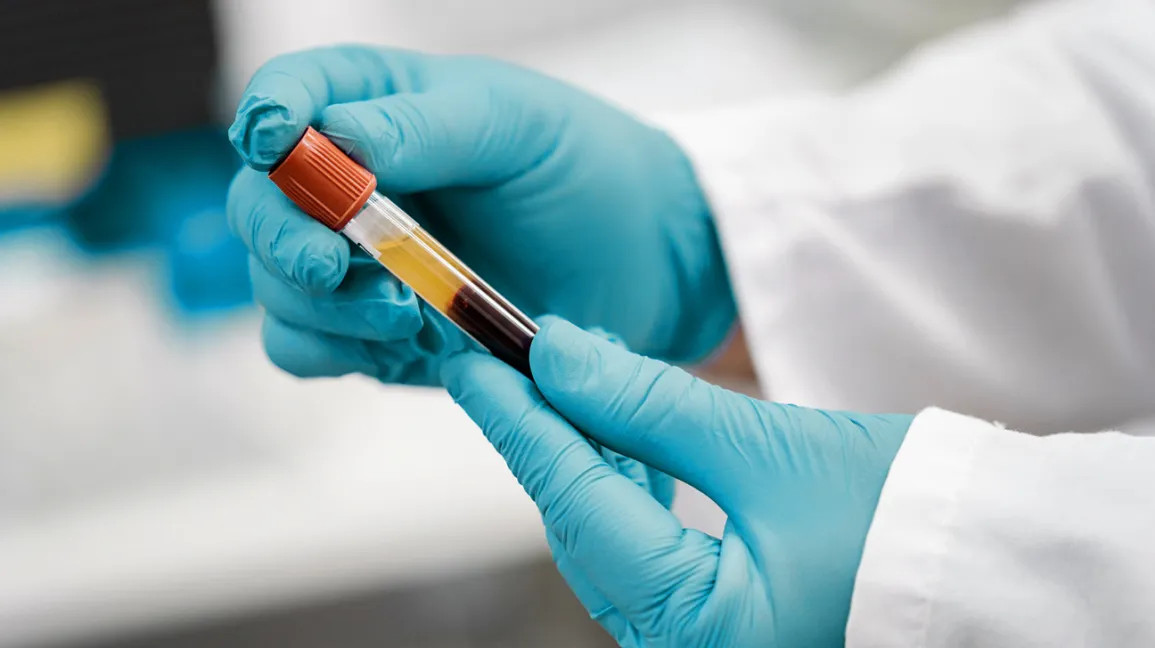Definition
The cystatin C test measures the level of cystatin C, a small protein present in the blood. This protein is found in various body fluids and is filtered by the kidneys at a constant rate. When kidney function is normal, cystatin C levels remain within a healthy range. Elevated cystatin C levels in the blood may indicate impaired kidney function.
This test is also useful for determining the glomerular filtration rate (GFR), a critical metric for assessing how well the kidneys are filtering waste and excess fluids. A low GFR value can signal kidney disease, as the kidneys are essential for filtering waste, producing red blood cells, and maintaining bone strength.
Indications
A cystatin C test may be recommended in the following scenarios:
- When previous kidney function tests, such as creatinine tests, are inconclusive or require confirmation. If the doctor suspects impaired kidney function but the results of standard tests are unclear, a cystatin C test can help confirm kidney disease. For individuals diagnosed with kidney dysfunction, cystatin C tests may be repeated periodically to monitor kidney health.
- For individuals who are elderly, overweight, or have significant muscle mass, as cystatin C levels are less influenced by muscle mass or dietary factors compared to creatinine-based GFR estimates.
Contraindications
Contraindications for blood sampling primarily involve conditions at the sampling site. One of the examples is localized infections, which increase the risk of bacterial entry into the bloodstream.
Another contraindications are blood vessel grafts, bruising, or hardened arteries at the sampling area.
Preparation Before the Test
No special preparation is necessary before undergoing a cystatin C test.
Test Procedure
A medical professional will collect a blood sample by inserting a thin needle into a vein in your arm. Once the needle is placed, a small quantity of blood is drawn into a vial or test tube. You might feel slight discomfort as the needle enters and exits, but the process typically lasts less than five minutes.
Normal and Abnormal Values
The standard cystatin C levels vary based on age:
- Ages 2 to 50 years: 0.60-1.00 mg/L
- Ages 51 to 60 years: 0.67-1.14 mg/L
- Ages 61 to 70 years: 0.72-1.16 mg/L
- Ages 71 to 80 years: 0.78-1.15 mg/L
- Ages 80 and older: 0.87-1.12 mg/L
It is important to note that these reference ranges can differ between laboratories.
Results and Recommendations (Further Testing)
Elevated cystatin C levels in the blood are linked to reduced glomerular filtration rate (GFR) and impaired kidney function.
Since cystatin C is produced steadily throughout the body and eliminated by the kidneys, stable blood levels indicate efficient kidney performance and a normal GFR.
To detect kidney disease, in addition to measuring cystatin C and GFR, a simple urine test, known as the albumin-to-creatinine ratio, is recommended. This test identifies protein in the urine. While proteins are essential for the body, they should remain in the bloodstream rather than appear in the urine. Even small amounts of protein in the urine may signal that the kidneys are not effectively filtering blood, which could be an early indicator of kidney disease.
Recent research has also associated high cystatin C levels with an increased likelihood of heart disease, heart failure, and mortality. Additional studies link elevated cystatin C with factors such as higher C-reactive protein levels, increased body mass index, hyperthyroidism, steroid usage, cancer, HIV/AIDS, rheumatic conditions, and metabolic disorders like hyperhomocysteinemia (elevated homocysteine levels).
Consult the Right Doctor
For abnormal cystatin C results, it is advisable to seek consultation with an internist. The doctor will conduct additional tests, particularly kidney function evaluations, to determine the underlying cause of increased cystatin C levels.
Want more information about laboratory, radiology, and other test results? Click here!
- dr. Monica Salim
Cystatin C (2020) National Kidney Foundation. Available at: https://www.kidney.org/atoz/content/cystatinC (Accessed: 15 May 2023).
Cystatin C (2021) Testing.com. Available at: https://www.testing.com/tests/cystatin-c/ (Accessed: 15 May 2023).
Cystatin C (no date) Labcorp. Available at: https://www.labcorp.com/tests/121251/cystatin-c (Accessed: 15 May 2023).











